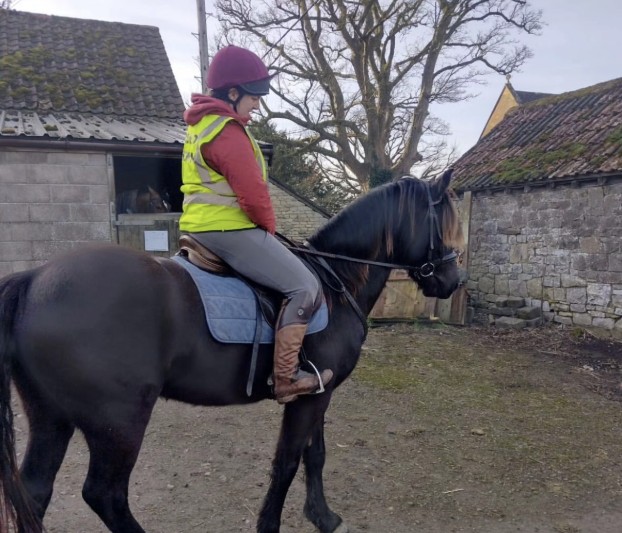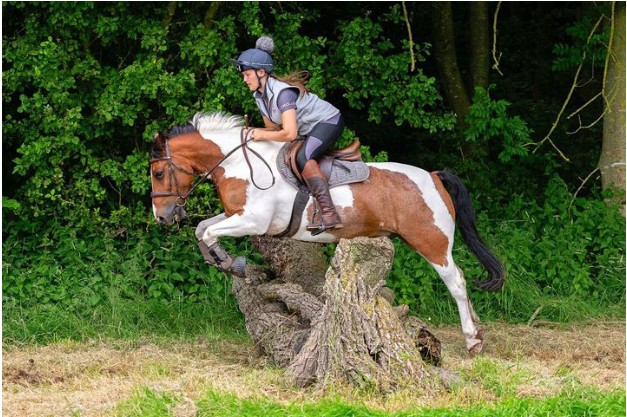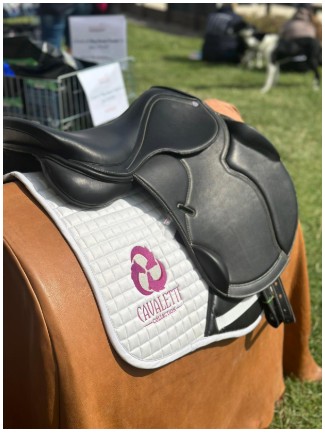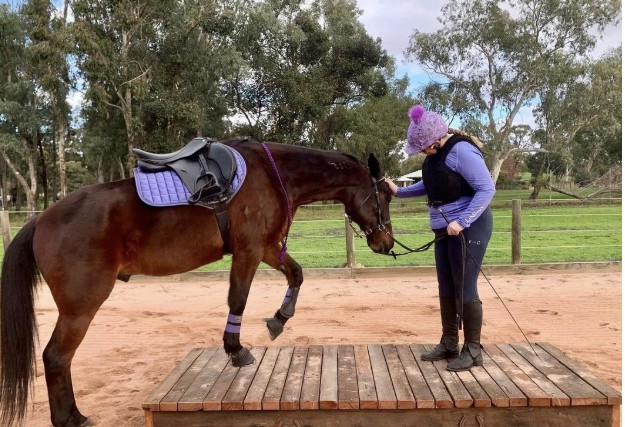5 Things Vets Say Not To Do.
5 Things Vets Say Not To Do.
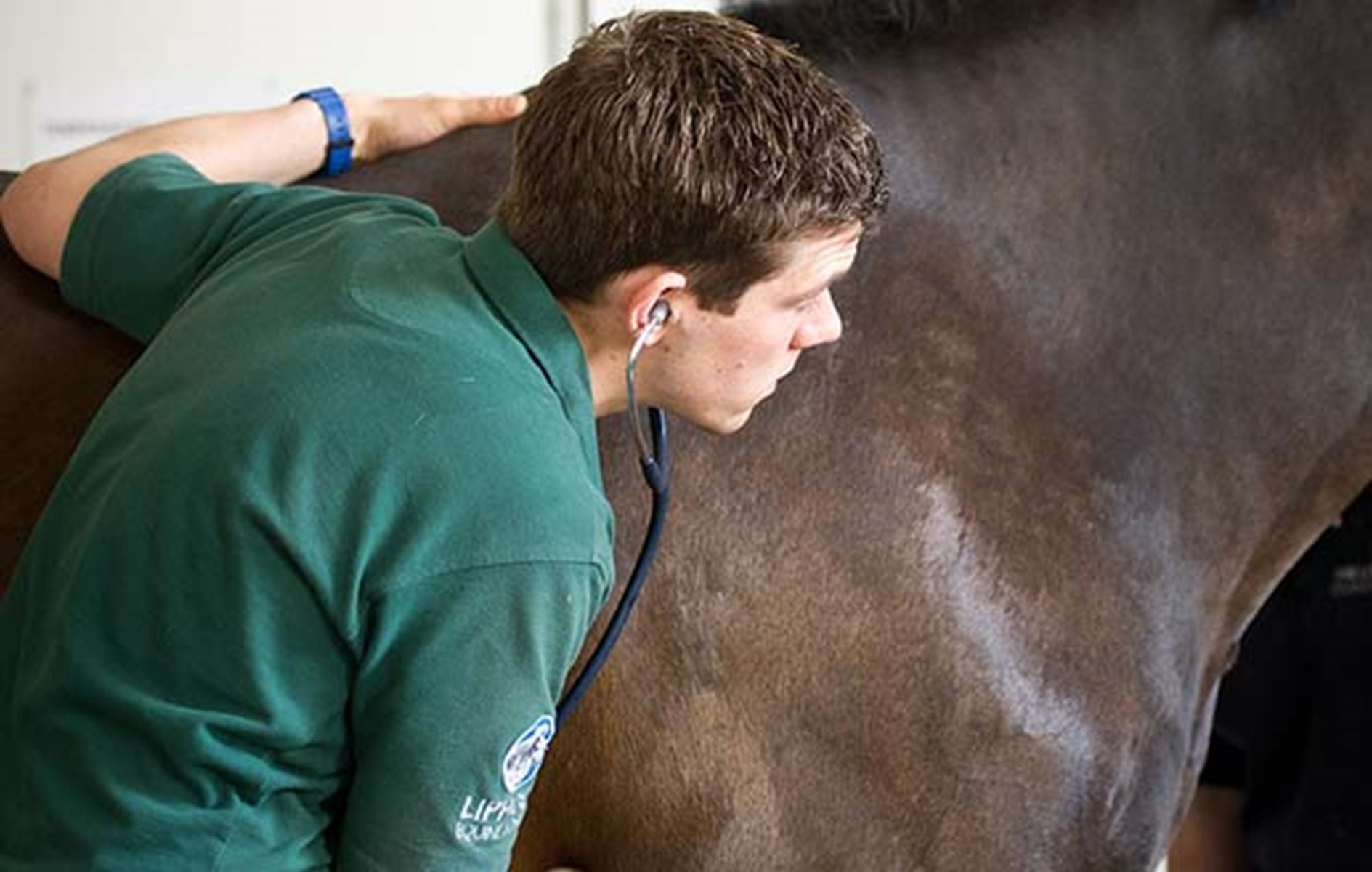 These are 5 very common things that most horse people do, but vets say that you really shouldn’t do any of these.
These are 5 very common things that most horse people do, but vets say that you really shouldn’t do any of these.
Take a look here to see if you’re doing something you shouldn’t be.
Applying Products To A Wound.
If there’s a severe wound it is important that you don’t put anything on the wound, get the vet to examine it first.
If you out something on it, it could interface the wound and colours of discharge, meaning it will be difficult for the vet to see what’s going on and treat the wound as it needs to.
Delay Ringing The Vets.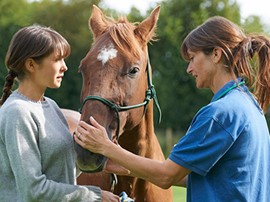
Never be scared to call your vet, no matter what it’s for. You’ll never be wasting their time, they would rather help you than see your horse pass away or be lifelong injured!
If you delay calling the vet this can cause your horses recovery time to be delayed and healing time. A call out does cost money yes, but most of the time if you catch whatever it is early then an early assessment and diagnosis will cost you a lot of money in the long run.
Remove Penetrating Object.
If the wound is cause by an object that is penetrating into the wound, do not remove the object. The vet might have to do an Xray before removing anything to see the exact angle and depth of the object before removing it.
Removing an object that is deep into the wound could make it worse and cause more of a risk to the horse than it already was doing.
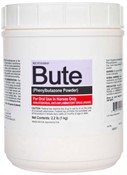 Medication Without Veterinary Consent.
Medication Without Veterinary Consent.
Many horse owners will have some kind of Bute sachet somewhere, normally in the first aid box. It can be tempting to give this to your horse without speaking to your vet first just to help them.
You shouldn’t do this though, as Bute can hide the pain which will make it hard for your vet to see what’s wrong with your horse.
Not Vaccinating Your Horse.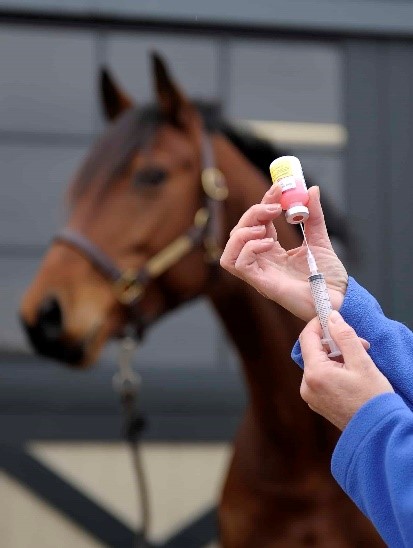
Your horse should have a routinely vaccination to prevent them from getting diseases and help reduce the spread of infections.
If your horse isn’t vaccinated against tetanus even the smallest wound could lead to them getting tetanus and the survival rate is very low in horses.






